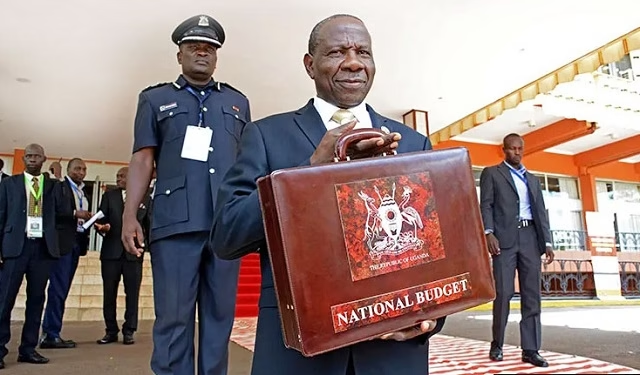Leading economists have issued a strong caution to the Ugandan government over the growing trend of acquiring loans without thorough planning, warning that such borrowing practices could derail the country’s long-term economic vision.
This warning comes as Uganda prepares to implement an ambitious plan to expand its economy from the current $53 billion to an estimated $500 billion over the next 15 years. The strategy will be launched through the 2025/26 national budget and the Fourth National Development Plan (NDPIV), set to begin on July 1, 2025.
Daniel Lukwago, an economist with the World Bank, stressed the importance of sound financial governance and prudent borrowing. “Borrowing is a necessary tool for development, but when not tied to well-structured projects or a clear repayment strategy, it becomes a liability,” Lukwago said. “Uganda must strengthen fiscal discipline if it is to achieve sustainable economic growth.”
Uganda’s public debt has surged in recent years, sparking concern over the country’s debt sustainability. Although the government maintains that borrowed funds are directed toward critical infrastructure and development initiatives, analysts argue that the effectiveness and returns of many loan-financed projects remain questionable.
Dr. Sarah Nakabugo, a development economist at Makerere University, echoed the concerns. “We have seen numerous cases where loan-funded projects either underperform, stall, or are poorly managed. This not only weakens public trust but also places a heavier burden on future generations,” she noted.
With the Fourth National Development Plan aiming to transform Uganda’s economy across multiple sectors — including industrialization, digital innovation, and export growth — experts are urging the government to be more strategic in how it finances these goals.
They recommend a shift toward increased domestic revenue mobilization, better public investment management, and stronger institutional oversight to ensure loans are used efficiently and transparently. Strengthening these areas, they argue, would reduce the dependency on external borrowing and enhance the overall impact of development programs.
As Uganda stands on the brink of what could be a transformative economic era, economists are calling for urgent reforms in fiscal policy and loan management. Without these, they warn, the country risks undermining its own development agenda and facing deeper financial vulnerabilities in the years ahead.



